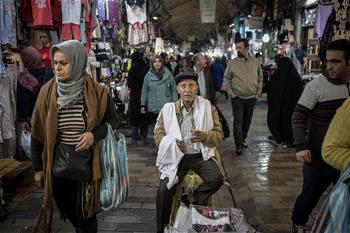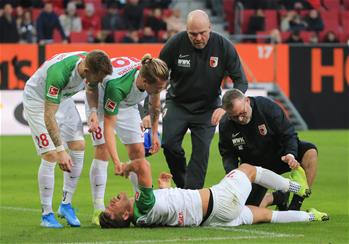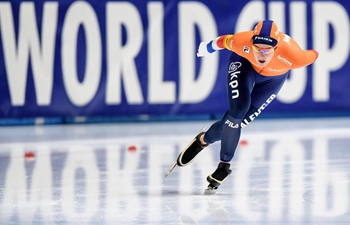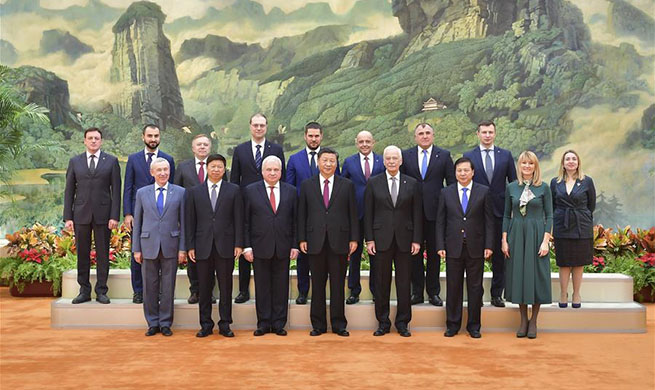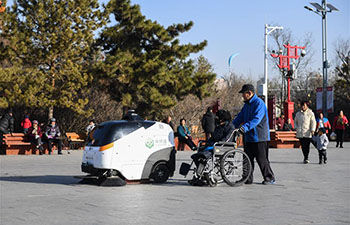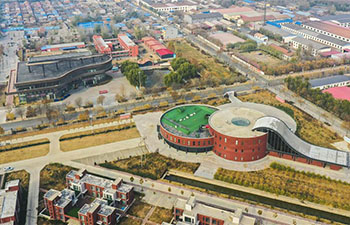MOGADISHU, Nov. 25 (Xinhua) -- The Somali government and two United Nations agencies have launched a five-day campaign to vaccinate 1.7 million children against measles and polio in five regional states across the country.
The campaign, which began on Sunday, targets children under the age of five years with polio vaccines and children aged six months to 59 months with measles vaccines in Benaadir, Galguduud, Hirshabelle, Jubaland and South West State, Somalia.
The vaccination campaign, conducted in partnership with the Somali government, the World Health Organization (WHO) and the United Nations Children's Fund (UNICEF), also includes a vitamin A supplement for children under five years to boost their immunity as well as de-worming tablets.
WHO Representative Mamunur Malik said the integrated campaign for measles and polio is expected to improve routine immunization coverage and reach out to those who were missed out during past routine immunization programs.
According to Malik, one among seven Somali children dies before their fifth birthday and many of these deaths are preventable by the use of vaccines.
"Although we have made progress over the years to improve routine immunization coverage in the country, there is an urgent need to further scale up the vaccination coverage, especially for measles and polio, by working together with partners, communities and grass-root level organizations," he said.
The measles virus is spread by respiratory transmission and is highly contagious. As of Nov. 9, 3,616 suspected measles cases have been reported in Somalia in 2019, the UN said.
Somalia also continues to respond to a vaccine-derived polio outbreak. Three vaccine-derived polio cases have been confirmed in the country in 2019 and 15 children have been paralyzed since the onset of the latest outbreak in 2017.
The latest vaccination campaign targets particularly children in districts with high concentrations of internally displaced persons (IDPs) and nomadic communities. These population groups often have higher mobility, and so are at increased risk for transmission of these diseases.
Werner Schultink, UNICEF Somalia representative, said crowded living conditions, malnutrition and limited access to water and sanitation in the camps and other sites breed disease and put children at grave risk.
"To protect these children, it is critical to reach them with life-saving vaccines," Schultink said.
According to the UN, more than 17 000 skilled community vaccinators, frontline health workers and social mobilizers are implementing the campaign.
